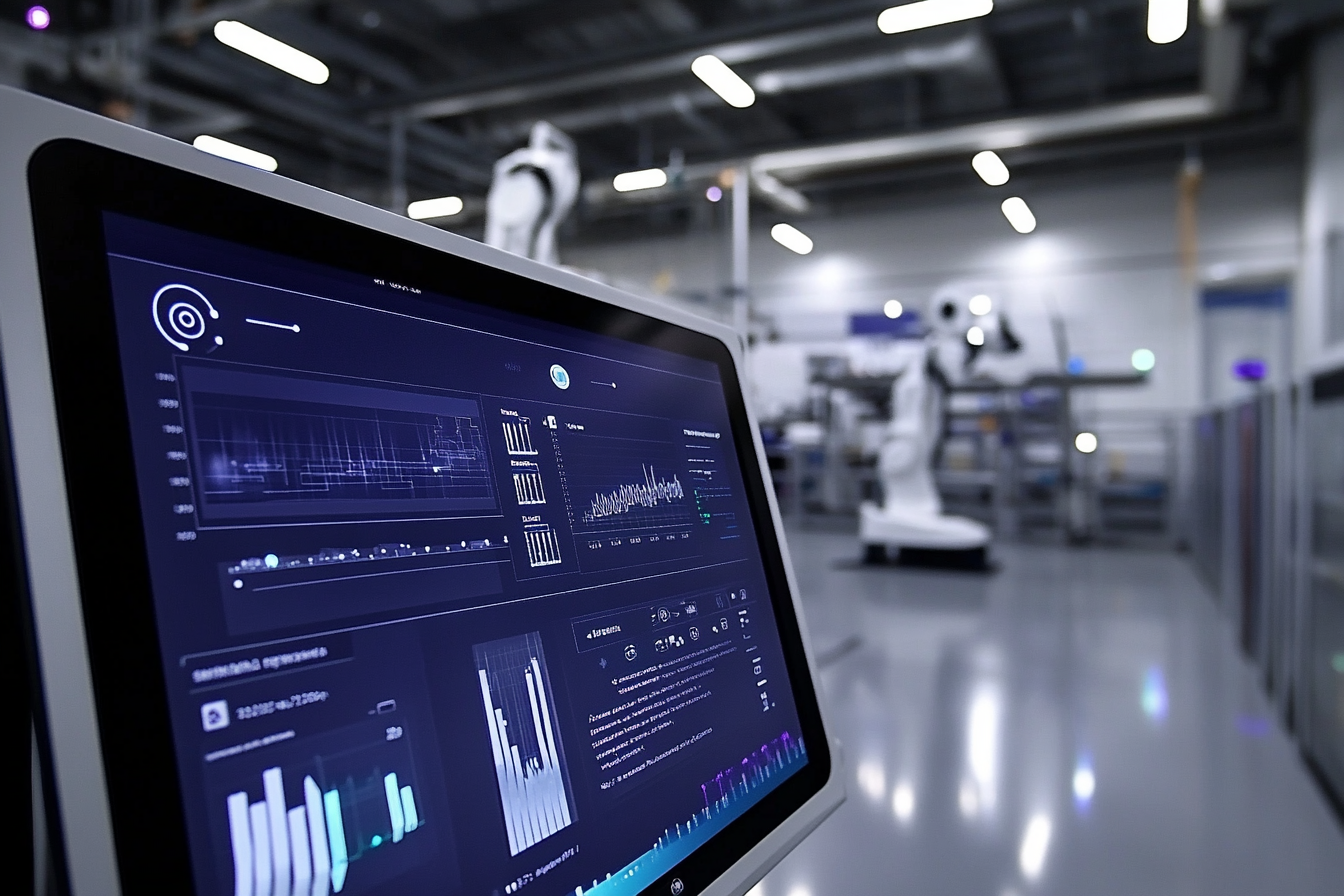The conversation around sustainability in manufacturing has never been more critical than it is today. As the world becomes more conscious of environmental issues, the UK manufacturing sector faces a paradigm shift, with sustainability taking the front seat. Whether you are considering selling your business or continuing to innovate, understanding these sustainability trends is essential for long-term success. Let’s dive into how sustainability is shaping the future of UK manufacturing and what it means for business owners.
The Sustainability Push in the Manufacturing Sector
There’s no arguing that sustainability is more than just a buzzword; it is an evolving business imperative. The manufacturing sector, which accounts for more than 10% of the UK’s total output and employs 2.7 million people, has significant room for improvement when it comes to sustainability. According to a report by the Department for Business, Energy & Industrial Strategy, UK manufacturing alone contributes to around 11% of the country's carbon dioxide emissions.
With governmental policies like the UK’s 2050 net-zero emissions target, manufacturers are quickly realising that compliance isn’t an option; it's a necessity. These sustainability trends could very well influence not just how you operate but also the valuation of your manufacturing business if you're ever considering selling.
Top Sustainability Trends in UK Manufacturing
Below are some key sustainability trends shaping the UK manufacturing sector. Embracing these could increase operational efficiency, reduce costs in the long term, and elevate your brand’s image, making your company more attractive to potential buyers.
1. Energy Efficiency and Renewable Energy
One of the biggest trends in sustainable manufacturing is the shift towards energy efficiency. With electricity prices on the rise—up by 54% in 2022 alone— reducing energy consumption has become both a sustainability goal and a financial necessity. Many UK manufacturers are now switching to renewable energy sources such as solar, wind, and biomass.
- Energy Audits: Performing regular energy audits can help businesses understand where they are wasting energy and identify solutions.
- Smart Technologies: The use of smart meters and IoT-enabled devices helps monitor real-time energy consumption, enabling more efficient processes.
2. Circular Economy and Waste Reduction
The 'take-make-dispose' production model is being replaced by a circular approach, where waste is minimised through recycling and reusing materials. The UK government has set ambitious waste reduction targets, aiming for zero avoidable waste by 2050.

- Recycling: More manufacturers are investing in recycling plants and using recycled materials in production.
- Product Lifecycle Management: Improving the lifecycle management of products could reduce waste significantly while delivering value to customers.
3. Sustainable Supply Chains
Your supply chain’s sustainability is just as important as your operations. More businesses are auditing their supply chain partners to ensure they meet environmental standards. In fact, a study revealed that over 52% of consumers prefer brands with sustainable supply chains.
- Ethical Sourcing: Sourcing materials from suppliers who adhere to environmentally friendly practices is increasingly important.
- Localising Supply Chains: UK manufacturers are beginning to localise their supply chains, reducing transportation-related emissions.
4. Advanced Technologies and Automation

Automation and Industry 4.0 technologies, including AI, IoT, and robotics, contribute to sustainability by optimising production and reducing waste. In fact, adopting Industry 4.0 technologies can lower energy consumption by up to 20%.
- Predictive Maintenance: IoT-enabled sensors can predict when machines need maintenance, reducing downtime and preventing wastage of both materials and energy.
- Optimised Production: AI-driven analytics can optimise processes, cutting down on excess resources and energy usage.
Why Sustainability Matters When Selling Your Manufacturing Business
Whether you are actively looking to sell your manufacturing company or plan to in the future, adopting sustainable practices now can improve your business' value. Here’s why:
1. Attracting Ethical Buyers
Many investors these days are looking for businesses that exhibit strong ESG (Environmental, Social, and Governance) credentials. In fact, a study by McKinsey found that 70% of investors are willing to pay a premium for sustainable businesses. If you’re considering selling your manufacturing company, positioning it as a sustainability leader can be a major selling point.
2. Cost Savings and Profitability
It’s no secret that more sustainable practices such as waste reduction and energy efficiency can help improve profit margins. When a business is more profitable, it becomes more attractive to potential buyers. Implementing sustainability measures may also qualify your business for tax rebates or government grants, further enhancing its bottom line.
3. Regulatory Compliance
Upcoming regulations will enforce stricter sustainability reporting and emissions management. By adhering to these regulations early, your company becomes far more attractive when it’s time to sell, eliminating the perception of high-risk compliance issues.
The Future of UK Manufacturing and Sustainability

Sustainability is not just a fleeting trend in UK manufacturing—it is the future. As the industry evolves, businesses that adapt and embrace sustainable solutions will thrive. Ignoring sustainability could lead to increased operating costs, regulatory compliance challenges, and decreased profitability, all of which could also negatively impact the valuation of your business when it’s time to sell.
Conclusion
As sustainability trends continue to reshape the manufacturing landscape, there’s no better time to assess your company’s environmental impact and adapt your strategies. Whether you’re planning to pass the business down to future generations or are considering selling your manufacturing company, understanding and embracing sustainability is a fundamental step towards ensuring long-term success.
If you’d like to learn more about the steps you can take to financially and environmentally future-proof your manufacturing business, sign up for updates or reach out for a consultation today. Whether you’re curious about improving sustainability or considering selling, we’re happy to help guide you through the process.


